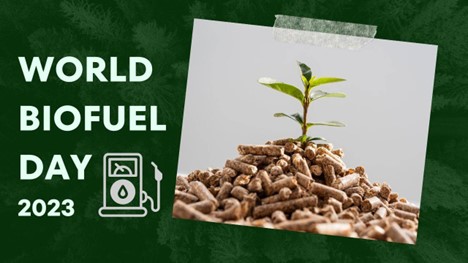PREVIOUS
World Biofuel Day 2023 - August 10
August 12 , 2023
474 days
442
0
- This day honours the research experiments by Sir Rudolf Diesel of Germany.
- He was behind the development of the diesel engine in 1892.
- He ran an engine with peanut oil in the year 1893.
- His research experiment had predicted that vegetable oil is going to replace fossil fuels in the next century to fuel different mechanical engines.
- The World Biofuel Day is being observed by the Ministry of Petroleum & Natural Gas since 2015.
- The National Policy of Biofuels in 2018 amendments additionally highlights a target of reaching 20% ethanol-blending and 5% biodiesel-blending by 2030.
- Biofuels are environment-friendly fuels that can be produced using biological materials like agricultural waste, trees, crops or even grass.
- Biofuels can be produced in a very short time and stored in either liquid or gaseous form.
- In contrast to fossil fuels, biofuels are renewable, sustainable and biodegradable in nature.
- The biofuels programme is also in synergy with the Government of India initiatives for Make in India, Swachh Bharat and enhancing farmers’ income.
- Important Biofuel categories in India are such as Bioethanol, Biodiesel, Advanced biofuels, Second Generation (2G) Ethanol, Drop-in fuels, algae based 3G biofuels, Drop-in fuels and Bio-CNG.

Leave a Reply
Your Comment is awaiting moderation.


